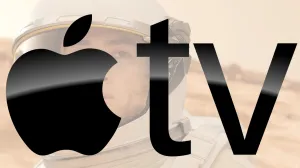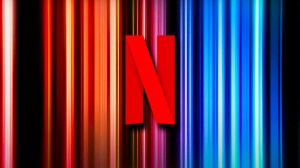The streaming wars saw two major competitors enter the fray over the past couple of months, with WarnerMedia launching its HBO Max service and NBCUniversal introducing Peacock. Both services have their perks, including libraries of film you can’t find anywhere else and interesting originals to catch the eye of viewers. Peacock even has a free tier, making the download enticing for potential subscribers. That said, users have been incredibly frustrated by the lack of availability with both streamers, as neither one is available on Roku or Amazon Fire devices.
Videos by ComicBook.com
Roku and Amazon Fire represent two of the most popular connected-TV companies in the country. When it comes to watching content on a TV, Roku and Amazon are two of the three devices-of-choice, along with Apple. Devices from these companies have access to just about every other streaming service on the market, but they have refused to green light the apps for HBO Max and Peacock. Why is that, exactly? As you can probably guess, it all comes down to money.
HBO Max and Peacock offer content that has traditionally been on TV networks, along with all of their originals and film libraries. This presents an issue with Roku and Amazon, as they offer standalone subscriptions for that content. For example, HBO Max offers all of the previous HBO subscription content, along with a lot of other options, for the exact same monthly price. You can also sign up for standard HBO through Amazon or Roku. Since HBO Max is the same price, users no longer need to use the regular HBO subscription, which means that Amazon and Roku no longer get those signups.
Roku and Amazon are asking for a larger cut from WarnerMedia and NBCUniversal to make up for these potential losses. According to Variety, one media company executive says that the terms set by Amazon and Roku are “egregious.” On the other hand, an insider at one over-the-top platform provider argues that the two companies are just looking for a “reasonable share.”
It’s now all about which side budges first. HBO Max and Peacock want bigger subscriber bases, but at what cost? Could they work around not having Roku and Amazon hosting the app? It seems like it could be reasonable, but both Roku and Amazon claim to have more than 40 million active accounts on their devices. That’s a lot of potential subscribers getting lost in the shuffle.
These streaming services will end up on the devices in question at some point, it’s just going to depend on how long these companies are willing to fight about it.








